Inequality Mobility & Urbanisation: China and India
In stock
The entry of India and China, the two most populous countries of the world, into global market is a significant development for the international economic order. It is argued that this would lead to altering the very paradigm of globalisation. Indeed, these two countries, have entered the world market, trading in a number of manufactured goods, produced using labourers that are less expensive, a large number of whom have moved from subsistence agriculture to multifarious informal activities. The industries are mostly concentrated in a few haphazardly growing cities wherein the production is organised in a manner that the costs of resources, environmental pollution etc. do not get reflected in the prices. As a consequence, manufacturers in the developed countries have become apprehensive of losing their competitive edge of superior technology and voiced their concern in various international fora. The phase of glorification of labour market flexibility, hire and fire system etc. thus, seems to be over. Interestingly, like the standard package of globalisation, there is a standard format for evaluating the performance of different countries on globalisation. Unfortunately, the aspects concerning movement of labour from traditional agriculture to low productive manufacturing and tertiary activities, rural urban migration, restructuring the settlement hierarchy through the emergence of a few global centres, etc. have not been in the core of development debate on globalisation. The present volume addresses some of these neglected issues with considerable emnpirical rigour. Despite widely varying socio-political experiences, the analyses in different papers in the volume make it evident that the two countries have a lot of share and learn from each other’s successes and failures.

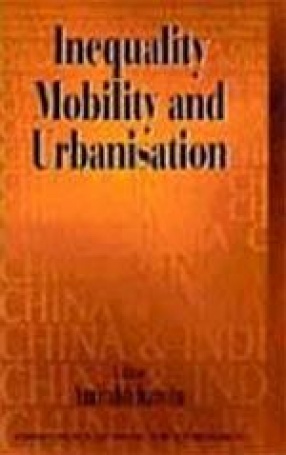


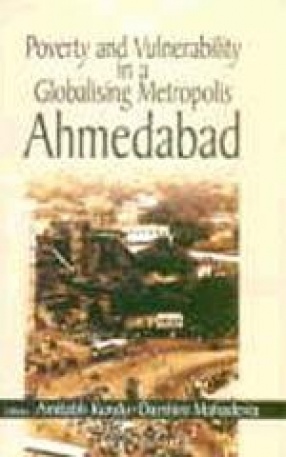
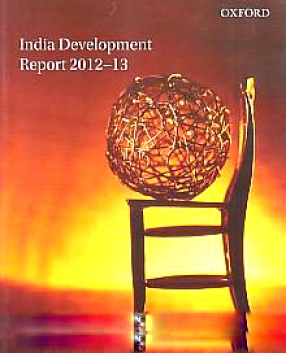
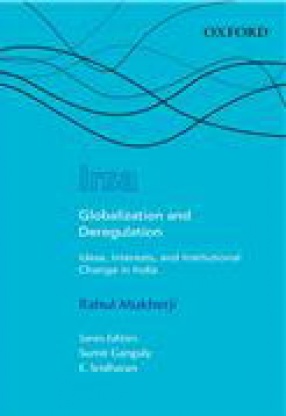
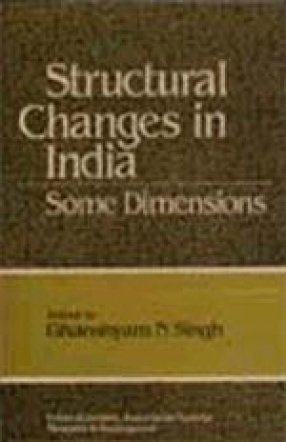
There are no reviews yet.